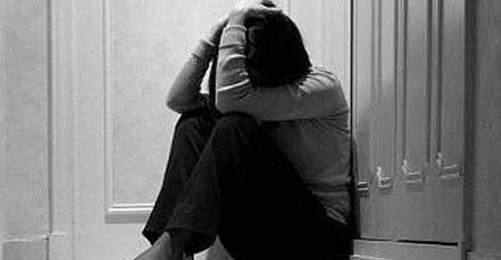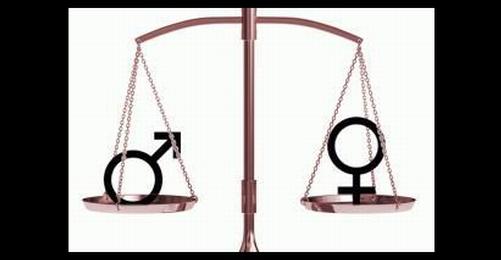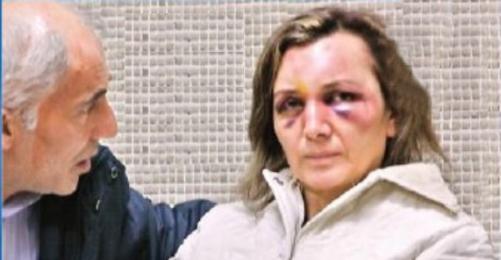Draft on Amendment of Family Protection Law Deemed Insufficient

Lawyers İlknur Sezgin Temel and Canan Arın, the latter founder of the Purple Roof ('Mor Çatı') women's shelter organizaiton, evaluated the expected amendments of Law No. 4320 on the Protection of the Family as "positive but insufficient". The amendments were drafted by the General Directorate for the Status of Women (KSGM).
Temel criticized the "inclusion of certain provision in the legislation" as the most important problem of Law No. 4320.
Arın on the other hand pointed out that a single legal regulation is not enough to prevent violence against women but that systematic state policies are needed. "Sufficient support mechanisms must be created to enable the women to establish a new life far away from violence. The state has to allocate the necessary budget for this", she demanded.
The death of Ayşe Paşalı taught us a lesson
The State Minister for Women and Family Affairs, Selma Aliye Kavaf, previously stated "a gap in the Law No. 4320" when Ayşe Paşalı was killed by her former husband after her request for protection had been rejected "because the official bond marriage had been terminated". Kavaf had announced that the Ministry of Justice and the KSGM were working on amendments and addition in order to close the legal loophole.
Subsequent to Kavaf's announcement, the KSGM sent a draft with the proposed amendments on the Law on the Protection of the Family to women organization on last Friday (31 December). The KSGM asked the women organizations to communicate criticism and suggestions until today (4 January).
Lawyers Arın and Temel evaluate the draft bill as follows:
Canan Arın: Title needs to be changed first of all
The name of the law should be amended into "protection order" or "restrain order".
The law should be extended beyond the institution of the "family" to comprise all sorts of relations. It should encompass everybody regardless of violence having been imposed or not.
In case a protection order is released againt the man a woman is living with, the women has to receive monetary support immediately. The allowance has to be covered by the state. The state should collect the money from the indebted later on.
The provision in the Turkish Criminal Law on "postponing a prison sentence for up to two years" shall not be applied to individuals that do not obey a protection order. Attackers shall certainly be punished with imprisonment.
The police should be provided with the authority to remove a person from his/her environment in case of actual or potential violence without waiting for an according court decision. The police decision should be effective until a court decision will have been given. The court should obtain the authority to uphold and extend this decision.
Police forces, prosecutors and judges have to be educated.
The police have to fulfil their duty of notification and monitoring without deficiencies. People who do not fulfil their responsibilities shall be subject to punishment.
Temel: Provisions of regulation should enter the law
The Regulation on the Implementation of the Law on the Protection of the Family should enter the law.
According to the regulations, the police's duty for monitoring starts with the release of the decision. There is no according provision in the law. Therefore, the police wait until the decision has reached them. Only after receiving the decision, the police try to notify the woman. Neither the family court nor the public prosecutor can know when the decision is actually communicated to the woman who was exposed to violence. The notification can be delayed considerably.
The draft foresees prison terms of between three and six months for people tried at Magistrate Criminal Courts on the grounds of opposing Law No. 4320. This sort of decisions results in a postponement of the judgement or in converting the sentence into a monetary fine.
The regulation allows the judge to decide for an examination at a medical institution of the person who actually or potentially imposed violence. Yet, the woman who was exposed to violence does not receive any support and might be compelled to return to the environment of violence. Hence, the law needs to be supplemented by a provision ordering necessary precautions for shelter, treatment and the rehabilitation of the women who became the victims of violence. (BB/VK)















